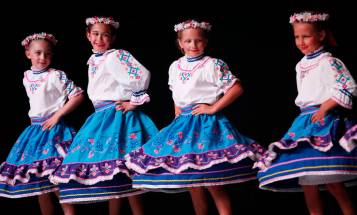School divisions’ new leaders walked similar paths to top job
Read this article for free:
or
Already have an account? Log in here »
To continue reading, please subscribe:
Monthly Digital Subscription
$0 for the first 4 weeks*
- Enjoy unlimited reading on winnipegfreepress.com
- Read the E-Edition, our digital replica newspaper
- Access News Break, our award-winning app
- Play interactive puzzles
*No charge for 4 weeks then price increases to the regular rate of $19.00 plus GST every four weeks. Offer available to new and qualified returning subscribers only. Cancel any time.
Monthly Digital Subscription
$4.75/week*
- Enjoy unlimited reading on winnipegfreepress.com
- Read the E-Edition, our digital replica newspaper
- Access News Break, our award-winning app
- Play interactive puzzles
*Billed as $19 plus GST every four weeks. Cancel any time.
To continue reading, please subscribe:
Add Free Press access to your Brandon Sun subscription for only an additional
$1 for the first 4 weeks*
*Your next subscription payment will increase by $1.00 and you will be charged $16.99 plus GST for four weeks. After four weeks, your payment will increase to $23.99 plus GST every four weeks.
Read unlimited articles for free today:
or
Already have an account? Log in here »
Hey there, time traveller!
This article was published 04/08/2022 (1224 days ago), so information in it may no longer be current.
Aside from their recent promotions to each oversee the education of more than 15,000 public school pupils, Winnipeg’s two newest chief superintendents have an uncanny amount in common.
Lisa Boles and Sandra Herbst shared a childhood dream that in turn led them to set up a home classroom and recruit a younger sibling to be their first respective student.
“For as long as I can remember, I always knew I wanted to be a teacher. My sister endured being my student for many years. My stuffed animals, (too),” said Herbst, who is now at the helm of the River East Transcona School Division.
The incoming superintendent of Pembina Trails School Division has a similar origin story. Boles recalled her younger self, equipped with a chalkboard and desk, attempting to teach her brother to read.
Herbst and Boles both graduated with teaching degrees from the University of Manitoba in the early 1990s, and have extensive working experience in their current division and its legacy division. The leaders both credit administrators who tapped them on the shoulder early on in their careers to see if they would consider a management job.
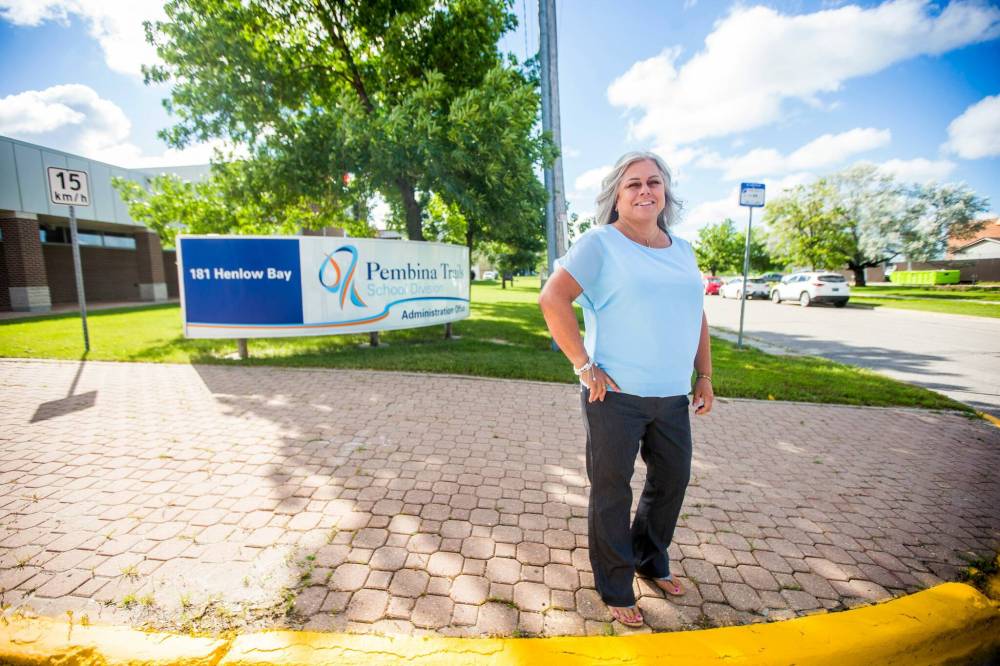
“It is great to see more women in leadership roles in the school system. On one hand, we’re asking: ‘Why has it taken so long?’ On the other hand… the tide is turning,” said Cameron Hauseman, an assistant professor of education who researches school leadership and governance at U of M.
Hauseman said it’s critical for all students to see themselves represented in classrooms, principal offices and throughout the ranks of K-12 education, so they can fully grasp anything is possible for their future and there are no “missed opportunities.”
The new faces bring the total number of female educators slated to lead school divisions across the Manitoba capital — Winnipeg, Seven Oaks, St. James-Assiniboia, Louis Riel, Pembina Trails, and RETSD — to four in September. Last year, male leaders managed all but one of those six districts.
Pauline Clarke has been the long-time leader of the Winnipeg School Division. The St. James-Assiniboia School Division also confirmed Jenness Moffatt, current assistant superintendent of education, student services and administration, will be named “acting superintendent” later this month.
Recent survey data from the Manitoba Teachers’ Society show approximately 71 per cent of members self-identify as female — but women only filled 38 per cent of the province’s top school leadership roles in 2021-22.
Associate business professor Katherine Breward cited a well-documented phenomenon known as the “glass elevator.”
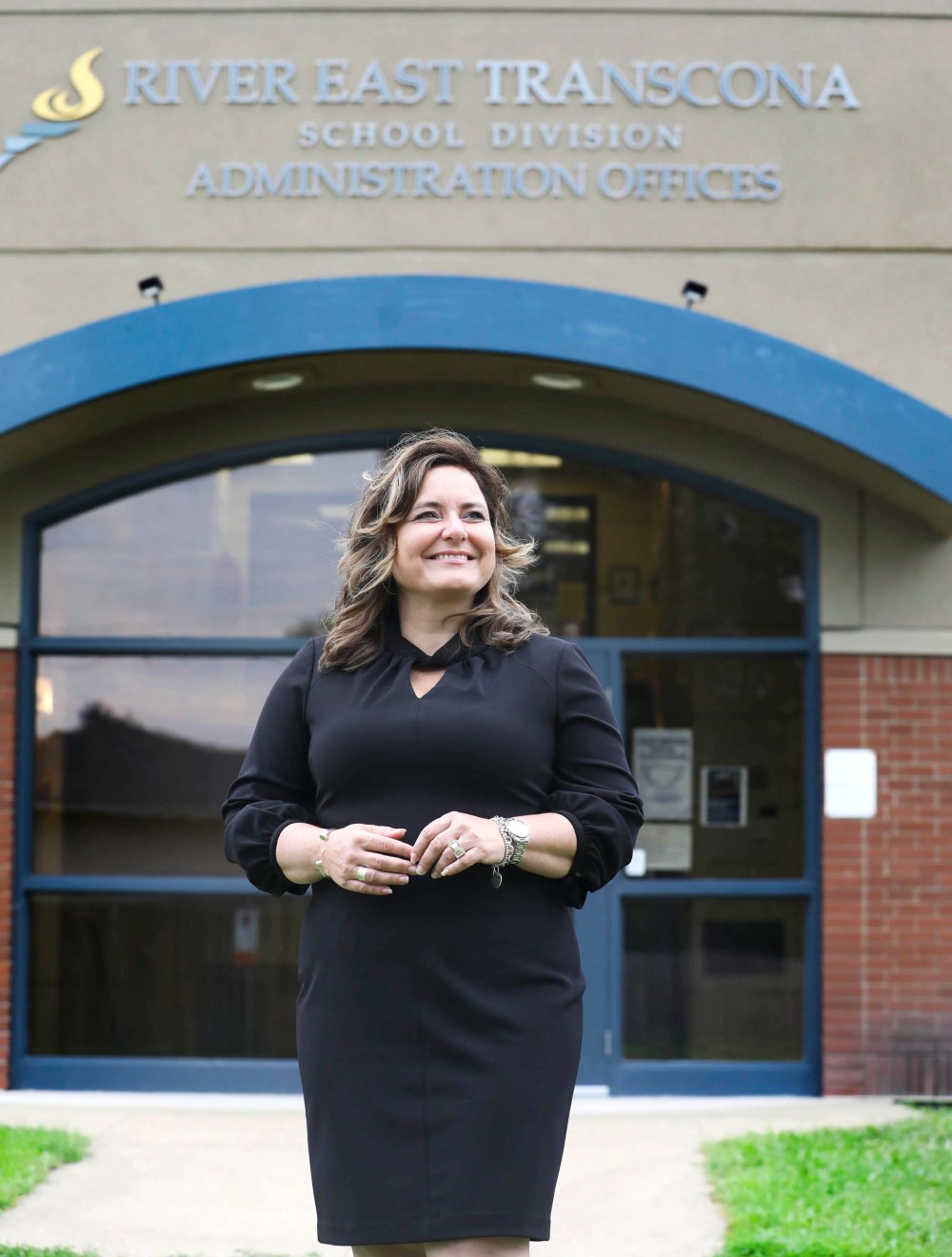
“When men go into traditionally female-dominated occupations like social work, like health care and education, they get promoted faster… The men get on a glass elevator and get this really quick and easy trip up to the top, while all the women have to take the proverbial stairs,” said Breward, who teaches human resources courses and studies equity at the University of Winnipeg.
Stereotypes — for instance, aggression, dominance and masculinity are all affiliated with traditional ideas of leadership — contribute to “non-conscious” discrimination in the workplace, she said.
Breward noted resumé interruptions due to maternity leaves, an overall unequal distribution of caregiving responsibilities on women, and inter-competition due to concerns about limited seats at the table, are among other factors that limit promotions.
Both positive interactions and familiarity with people in a marginalized group, as well as knowledge about them on an individual level, is key to training one’s non-conscious bias, she said. At the same time, Breward said there is a need for more formal mentorship programs to support women.
Neither Boles nor Herbst wanted to weigh-in on the state of gender parity at the school leadership level. Instead, both — in separate interviews — acknowledged the skilled educators who came before them and their gratitude for the support they have received throughout their careers.
“When we think about parity and equity, I am most interested in that for my students,” Herbst said, adding one is example is teachers asking themselves whether students can see themselves in the instruction they receive.
For Herbst, becoming RETSD superintendent feels like “coming home.” While the educator spent the last 12 years as a senior associate with Connect2Learning consulting firm — a job that allowed her to travel to schools across the world to work with front-line educators and education departments, she grew up in North Kildonan.
Boles, a familiar face in Pembina Trails, has spent more than 30 years working in public education in south Winnipeg. She was only 27 when she became a school administrator. Before that, she taught math and science to junior high and high schools and coached both volleyball and softball.
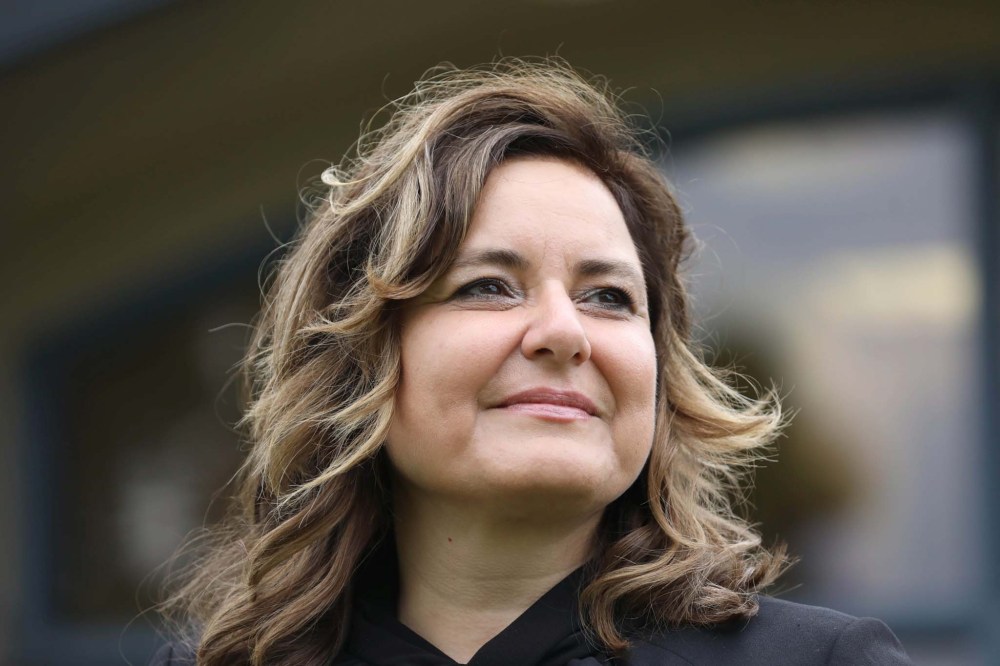
“What was appealing (about principalship) was the ability to help support a larger number of kids and families to find success in school,” said Boles, who has four academic credentials from the U of M, including a master’s in educational administration and post-baccalaureate diploma specializing in special education.
Boles indicated her leadership style involves getting to know people on a personal level to work collaboratively.
In the year ahead, she plans to oversee the successful opening of two schools in Bison Run, champion the knowledge keepers in schools initiative, and support continuous “rebound learning” following COVID-19-related disruptions since 2020.
Herbst, who originally specialized in French as a second language and music education, said it’s a particularly exciting time to be a K-12 leader because the pandemic has revealed opportunities and challenges that were unimaginable in the past.
“I’m not a leader who comes in certain about things,” she said.
“I am certain that we have to be kind about one another. I am certain about the purposes of public education. I am certain that we need to be improving student learning — but my leadership takes the stance of learner.”
maggie.macintosh@freepress.mb.ca
Twitter: @macintoshmaggie
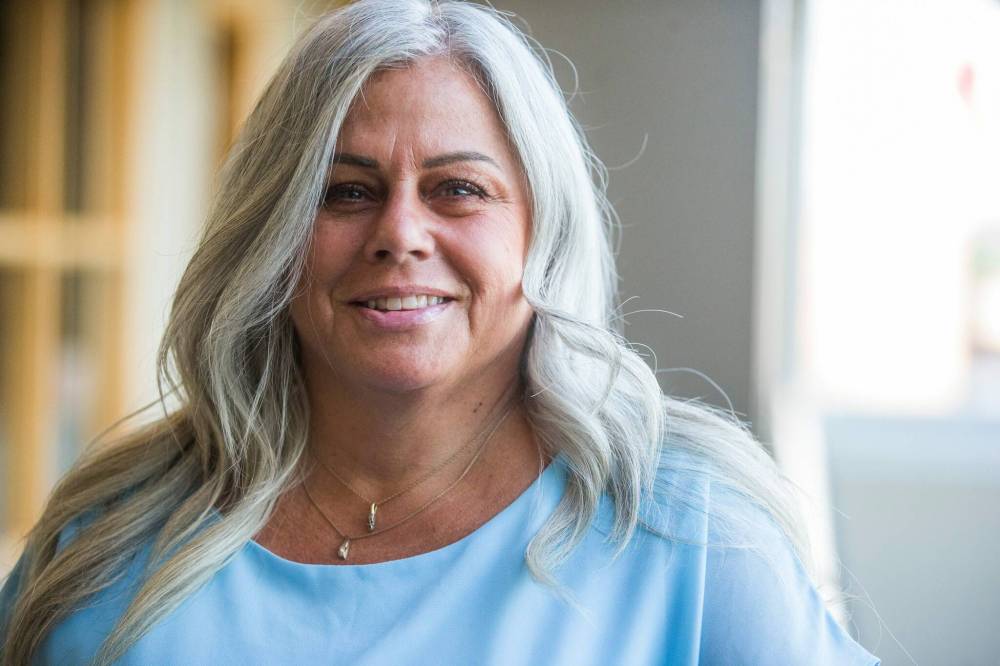
Three new K-12 leaders in Winnipeg
St. James Assiniboia School Division is the latest to announce a new leader will oversee its operations in autumn, albeit on an “acting” basis.
Superintendent Mike Wake is moving west to take the reins of operations at Wetaskiwin Regional Public Schools.
Jenness Moffatt, SJASD assistant superintendent of education, student services and administration, will resume the role of acting superintendent, as of Aug. 19.
“The division is in a good place,” Wake said in an email Thursday.
The latest announcement means three divisions in Winnipeg — half of the total English-language boards in the Manitoba capital — will have new leaders for 2022-23.

Maggie Macintosh reports on education for the Winnipeg Free Press. Funding for the Free Press education reporter comes from the Government of Canada through the Local Journalism Initiative.
Our newsroom depends on a growing audience of readers to power our journalism. If you are not a paid reader, please consider becoming a subscriber.
Our newsroom depends on its audience of readers to power our journalism. Thank you for your support.
History
Updated on Monday, August 8, 2022 12:00 PM CDT: New photos added.






